Many changes in production thinking
The OCOP program, implemented since 2018 within the framework of the National Target Program on New Rural Development, focuses on exploiting the specific potential of each rural area, from land resources, agricultural specialties, indigenous knowledge to traditional cultural values.
Deputy Minister of Agriculture and Environment Tran Thanh Nam pointed out three major changes in the implementation of this program.
First of all, people's production thinking has changed significantly. From relying on traditional experience, people now care about quality, design, food safety and brand promotion. Many entities have applied information technology, organized livestreams and approached customers through digital platforms, marking a professional transformation.
Second, OCOP has effectively reorganized rural production. From small, fragmented models, people have formed a chain of community links, coordinating between household groups, businesses and production facilities. Many small and medium-sized enterprises were born from OCOP, leading the market and affirming their position, creating a sustainable foundation for the rural economy .
Third, the program has spread strongly to disadvantaged areas, especially ethnic minorities and women. With 40% of the subjects being women and 17.11% being ethnic minorities, OCOP has effectively empowered, helping many people become leaders of production facilities, building brands and increasing the value of goods.
Developing OCOP according to a green, circular and low-emission economic model, in line with global trends. Future OCOP products need to meet environmental standards, contributing to the goal of sustainable development.
Currently, the Ministry is also focusing on vocational training and entrepreneurship for the elderly workforce and those leaving urban areas for rural areas, in order to form new production facilities with practical and competitive OCOP products.
Deputy Minister Tran Thanh Nam said that the Ministry of Agriculture and Environment is advising on the development of the National Target Program on New Rural Development for the 2026-2035 period, in which OCOP continues to be an important pillar. The Prime Minister's Decision 919/QD-TTg in 2022 has laid the foundation and new orientation focusing on three main contents. First of all, promoting the advantages of agricultural resources, indigenous knowledge and culture, linking OCOP with rural tourism.
"We want OCOP products to come with cultural values such as folk songs and dances of the regions, turning them into cultural items with high added value," he shared.
Connecting the traditional and the modern
To date, the country has had more than 16,000 OCOP products recognized, with about 9,000 participating entities, including more than 3,000 cooperatives. This is a proud result, reflecting the strong spread of the program.
"Handmade, seasonal products produced by households and cooperatives cannot be produced in large quantities. But it is precisely this limited quantity that ensures quality. Each product is a part of memory, a part of local culture," said Deputy Minister Nam.
Deputy Minister of Agriculture and Environment Tran Thanh Nam said that OCOP has created a great influence, contributing to promoting the restructuring of the rural economy, preserving cultural identity and promoting indigenous knowledge. However, many products still face difficulties due to the lack of stable raw material areas, difficulty in accessing credit, limited technology and not meeting international standards.
Some foreign supermarket chains appreciate OCOP products but are still concerned about their supply capacity. Therefore, the program will shift from quantity to quality, increasing uniqueness, cultural value and competitiveness.
According to the orientation, OCOP will be developed into a national brand, with an intellectual property protection system, policies to support promotion and market expansion. Products must meet clear standards, have geographical indications, apply digital technology and e-commerce.
Deputy Minister Nam emphasized that OCOP is not only for consuming agricultural products, but also a way for small households, cooperatives, artisans... to have the opportunity to build their brands and enter large markets, both domestically and internationally.
That is also the reason why the Ministry of Agriculture and Environment chooses to "cherish" each product, not to promote mass production, not to follow trends, but to invest in the most typical products that tell the clearest story of the homeland.
A packet of tea from the Northern mountainous region; a bag of coffee, pepper from the Central Highlands, Southeast; a bottle of fish sauce from the Mekong Delta; or a ceramic vase, handicraft from the Red River Delta, when held in hand, is not only a product, but also a slice of culture, a memory packaged with all the passion and hands of the maker.
According to Deputy Minister Tran Thanh Nam, OCOP is not only an economic initiative but also a bridge between traditional production and modern market needs.
"The program has expanded the function of the agricultural sector from mere production to environmental protection, landscape improvement, geographical indication development and creating a foundation for rural tourism," he stressed.
These values help OCOP products bring cultural experiences and identities, not only meeting consumer needs but also enhancing the position of rural Vietnam on the global map.
Do Huong
Source: https://baochinhphu.vn/phat-trien-ocop-3-thay-doi-lon-102250715112543273.htm



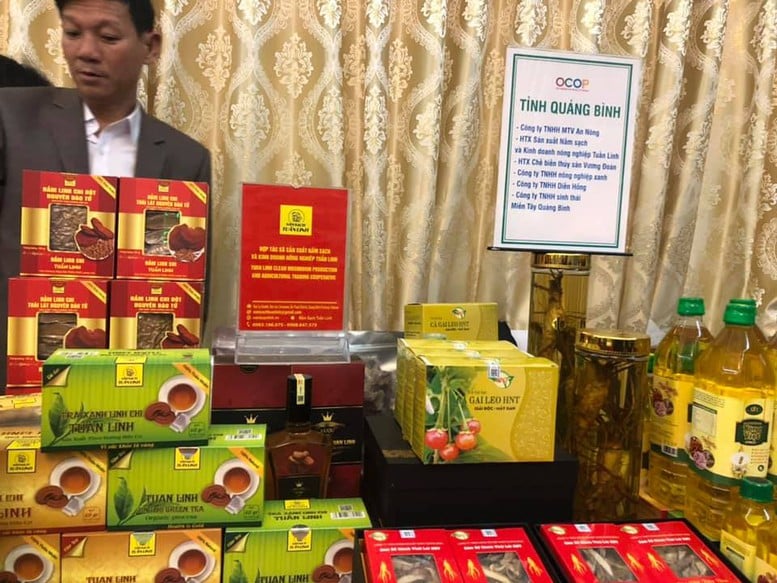


![[Photo] Prime Minister begins trip to attend SCO Summit 2025 in China](https://vphoto.vietnam.vn/thumb/1200x675/vietnam/resource/IMAGE/2025/8/31/054128fff4b94a42811f22b249388d4f)









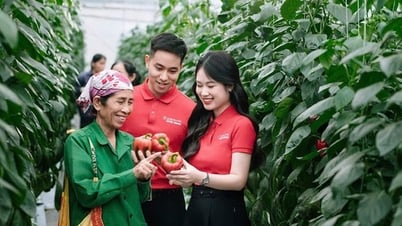










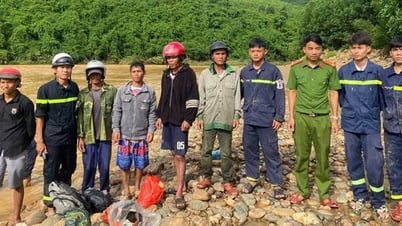













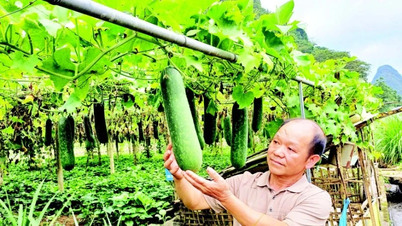






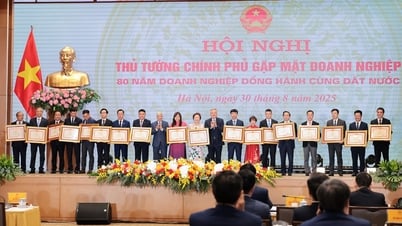




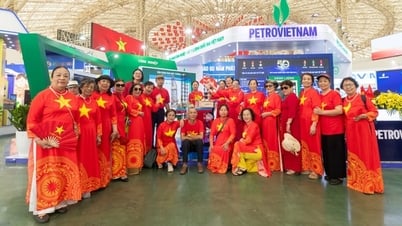













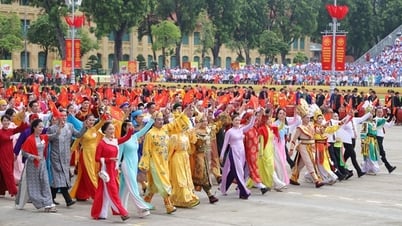
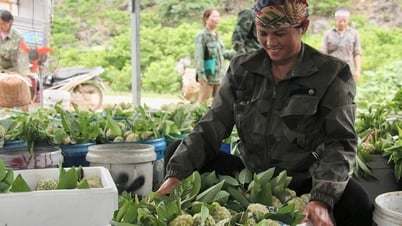






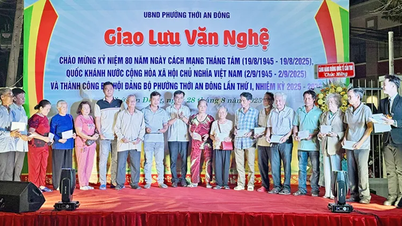

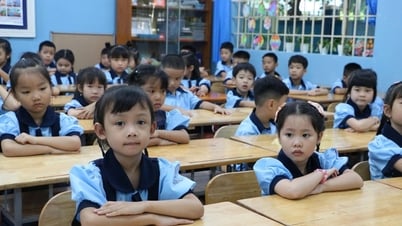


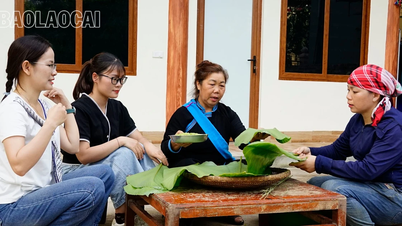


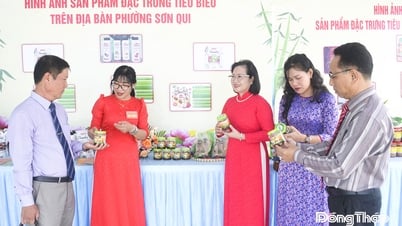













Comment (0)